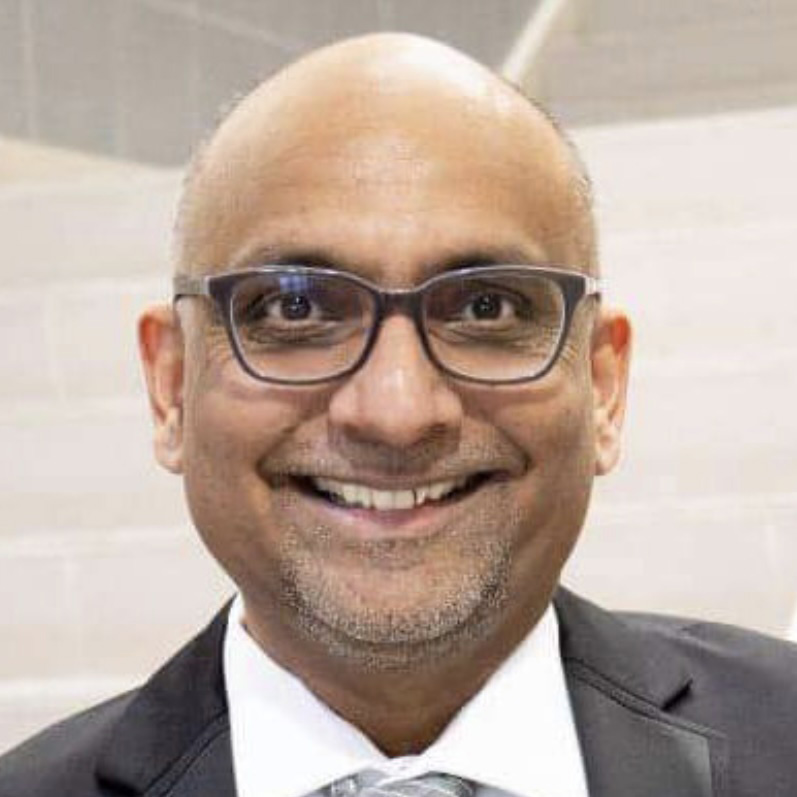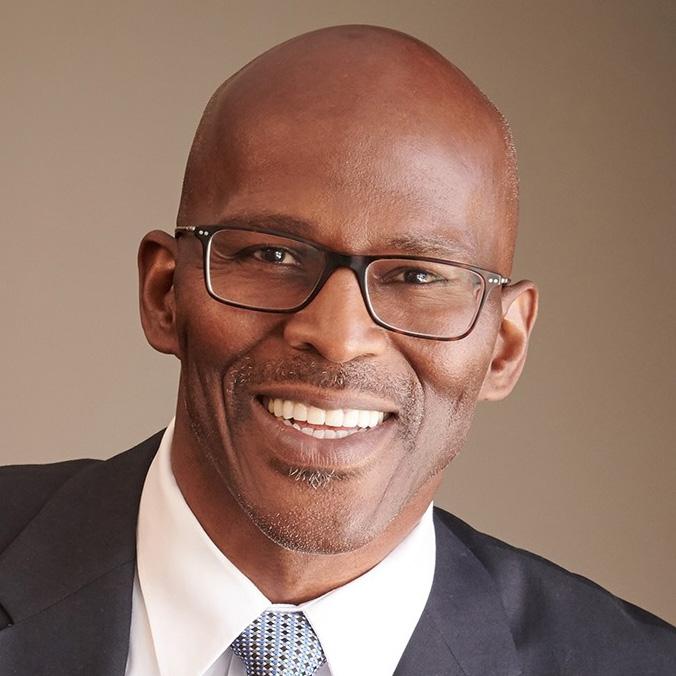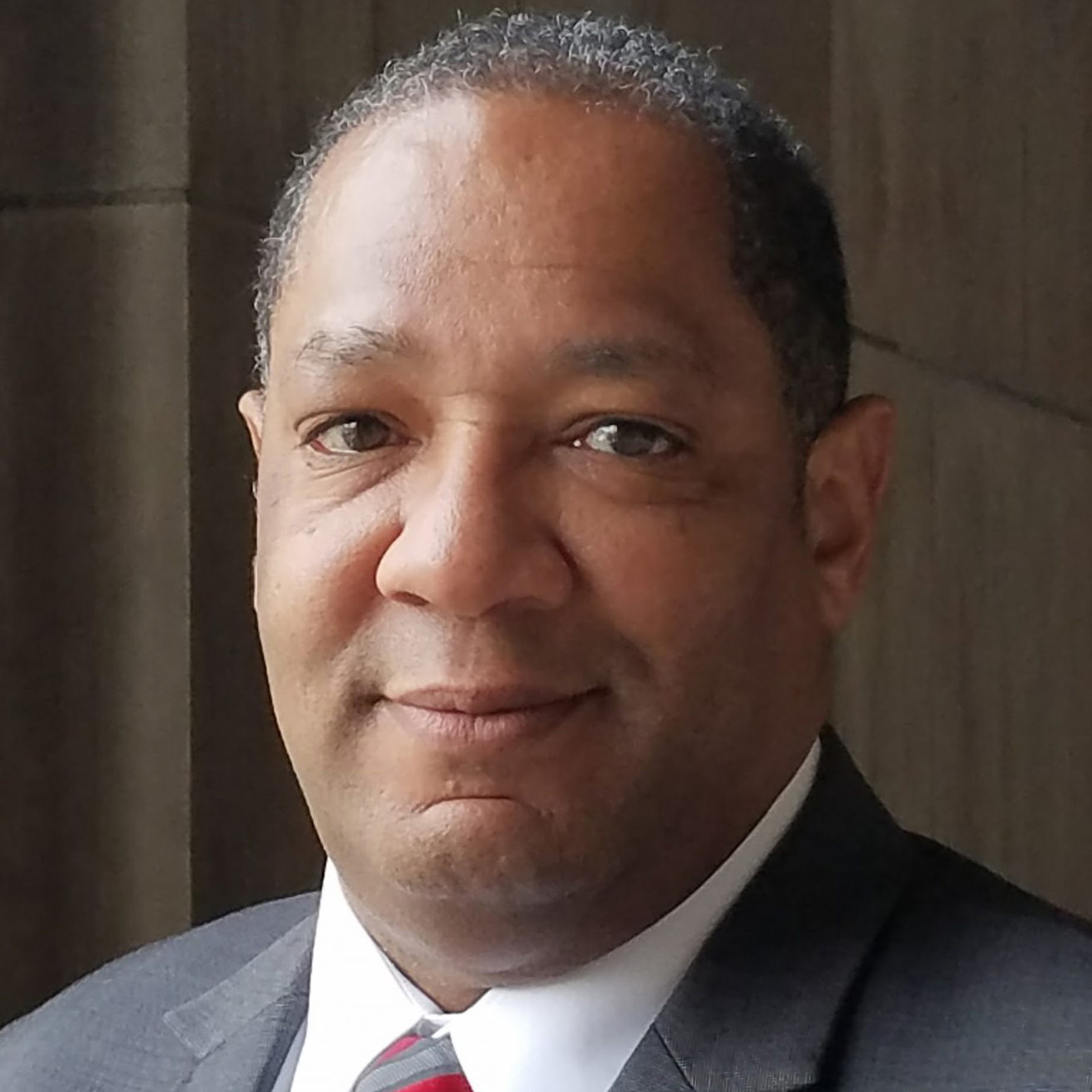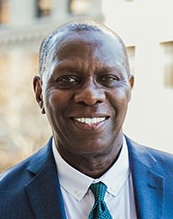The Race
Six candidates are competing for three at-large seats on the Lincoln City Council.
The field includes three incumbents, all of whom advanced from a group of nine candidates in the primary election. They include: Tom Beckius, a Democrat seeking his second term on the council who owns and operates real estate and construction businesses; Bennie Shobe, a Democrat seeking his third council term who works for the Nebraska Department of Labor; and Sändra Washington, a Democrat who is retired from the National Park Service who was appointed to the council in 2019 and elected in 2021.
The other three candidates who advanced from the primary are Republicans. They include: Stan Parker, a former offensive lineman at Nebraska who founded MyBridge, which runs Christian radio stations and provides training to nonprofit ministries; Jerry Shoecraft, a former Lincoln City Council member who played basketball at Nebraska and who is the property manager for student apartments near UNL; and Maher Aurang Zeb, who flips houses and runs a painting company.
Top issues
Beckius said the most pressing issue facing Lincoln residents is the cost of living. He said while on the council, he repeatedly has voted to reduce the city’s property tax levy, fought for policies to make housing more affordable and ensured the council was being fiscally responsible. If reelected, he said, he will continue to work with business owners, local experts and the community to ensure Lincoln remains an affordable place to live.
Growth and infrastructure are pressing issues in Lincoln, Parker said. Ensuring the city expands in a way that is sustainable, well-planned and fiscally responsible is important, he said. Parker said he would prioritize infrastructure investments, ensure responsible budgeting and foster collaboration between the public and private sectors to expand housing and job opportunities.
Shobe said property taxes and property evaluations, road repair, public safety and housing availability all are issues Lincoln residents have brought up with him. He said he would work with the mayor and other council members to advance existing programs to address these issues.
Shoecraft said the city must support small businesses, make growth economically feasible for developers and builders and increase the number of well-paying jobs. The city must, therefore, be fiscally responsible and accountable, improve road maintenance and construction and lessen financial and regulatory burdens, he said.
Lincoln must remain committed to public safety and ensure it has the personnel to keep the community safe, Washington said. A growing city, she said, requires a continued commitment to recruit and train police, firefighters and EMTs, and provide the equipment, facilities and funding they need. She said the city also must bolster its economy so local businesses want to grow and attract and keep the needed workforce.
Lincoln’s most pressing issue is ensuring sustainable growth while maintaining a high quality of life, Zeb said. This, he said, includes addressing infrastructure, public safety, housing and economic opportunity.
Affordable housing and fair housing initiative
Lincoln voters will consider a ballot question that, if passed, would prohibit housing discrimination based on income sources, including Section 8 vouchers, Social Security and child support, among others. The initiative had to gather enough signatures to be considered for the ballot.
Zeb said housing affordability remains a challenge in Lincoln. He said he supports policies that increase the housing supply, streamline development processes and provide incentives for mixed-income housing developments. Fair housing practices are critical, he said.
Washington said the cost of housing is one of the greatest challenges, both for would-be homeowners and renters. The city must consider new housing types, flexibility in zoning, lot size minimums, different types of financing and ways to streamline the permitting process.
Shoecraft said putting more regulations, financial obligations and governmental burdens on landlords, landowners and developers is not the answer. Low-income housing must be built as part of a comprehensive plan, not developed in areas where it is difficult to access basic services and educational opportunities. Forcing landlords and property owners to participate in Section 8 housing, he said, puts an undue financial and regulatory burden on them.
Shobe said he would continue to work with the mayor and other council members to encourage and incentivize developers to add more housing stock.
Parker said he supports encouraging the development of diverse housing options while protecting property owners’ rights. He said he will advocate for incentives for developing entry-level housing, reduce regulatory barriers and boost public-private partnerships.
Beckius, noting his background in construction, said that in his time on the council, he has supported millions of dollars of investment in low-income housing, policies to increase the number of housing units at all price points and programs to extend the useful life of housing units. The city needs to consider increasing housing density, reducing infrastructure mandates and renewing interest in different financing mechanisms.
Business attraction and retention
Parker said he would strengthen workforce development by partnering with schools, universities and businesses; reduce barriers to business growth by streamlining regulations and supporting small-business owners; leverage Lincoln’s strengths in technology, health care and manufacturing to attract new businesses; and expand partnerships between the public and private sectors to foster innovation and entrepreneurship.
Shobe said the city works with the U.S. Department of Labor to connect people with job training to gain needed skills, and he supports those efforts.
Shoecraft said he plans to address fiscal responsibility, property taxes, “inadequate” streets and infrastructure, land development, funding for first responders and support for small businesses.
Washington said she will continue to support the Lincoln Partnership for Economic Development. She said the city can help by creating zoning strategies that foster business growth, streamlining the development process and creating programs that prepare the workforce to meet business needs.
To attract businesses and retain skilled workers, Zeb said, Lincoln must continue to invest in workforce development, job training programs and partnerships with businesses and educational institutions. He said he supports initiatives that foster entrepreneurship, expand apprenticeship opportunities and ensure that Lincoln remains an attractive place for young professionals and families. The city, he said, also must streamline permitting processes and provide incentives for business growth.
Beckius said the city must continue to find ways to attract and retain workers. This, he said, requires attracting more families by investing in welcoming communities, safe neighborhoods and strong schools. He said he has pushed for investments in workforce development and first responders while on council. Lincoln should continue to partner with the University of Nebraska-Lincoln, businesses and community organizations to provide pathways to success, he said.
Police
Parker said he supports ensuring transparency and accountability within the police department while also advocating for the resources officers need to effectively serve the city. He said he will work to support independent oversight and clear accountability measures concerning allegations of misconduct, ensure fair and transparent hiring, training and promotion practices and encourage community engagement initiatives to build trust between the department and the citizens.
Shobe said policies on accountability, transparency and oversight are in place, and efforts are ongoing.
Shoecraft said he supports the police chief and the police union and said necessary changes are underway. He said he would insist that the council receive detailed progress reports. Allegations of wrongdoing must be taken seriously and resolved, he said, but fair, principled and professional investigations must be conducted so that valid complaints are responded to and invalid complaints are resolved.
Washington said the police chief’s priorities concerning recruitment, retention, resiliency and respect are where they need to be, but there is a greater need for meaningful oversight. Accusations of sexual discrimination, assault and harassment, she said, point to a need for a deep organizational assessment.
Beckius said public safety is his top consideration in all decisions, and noted he has endorsements from the police and fire unions. He said he has championed historic investments in police, firefighters and paramedics. The citizen advisory board and the internal affairs unit are in place to handle any allegations of misconduct, he said, adding that he would work with the chief and community members to ensure the process is fair.
Zeb said he supports policies that enhance transparency, such as independent oversight and regular public reporting of misconduct allegations and reforms. Strengthening the police department’s recruitment and retention efforts also must include a focus on improving the workplace culture and ensuring officers are held to high ethical standards, he said. Zeb added he would support additional resources for training in de-escalation and community policing.
Sales tax for streets
Washington said the quarter-cent sales tax has allowed the city to make tremendous progress on streets, and renewing the sales tax will support business and residential growth and improve the city’s livability. The resident-led advisory committee on transportation should continue, she said.
Shobe said he supports adding more money to street repair. He said the Advisory Committee on Transportation helps with project selection and oversight, and he regularly shares the committee’s findings with residents.
Beckius said he will respect the voters’ decision on the sales tax, but if voters don’t renew the program, the city will lose millions of dollars in funding for street repair, including from visitors who pay the tax. The money has allowed the city to complete 65 projects across Lincoln in six years, he said, noting that without the money, it would take 22 years to complete the same number of projects, which would be more costly long term.
Shoecraft said he reluctantly supports the quarter-cent sales tax because Lincoln’s road maintenance and construction must improve. The tax never would have been needed, he said, had money that was earmarked for roads been used for that purpose.
Zeb said he supports the renewal of the sales tax. Since its approval, he said, the initiative has made significant progress in maintaining and modernizing the city’s infrastructure. Transparency and accountability in the use of the money must remain a priority, he said.
Parker said that while he is generally supportive of infrastructure funding, any renewal of the tax should come with a full assessment of what has been spent, clear benchmarks and transparency measures and a commitment to prioritizing essential road repairs over lower-priority projects. He said he would support renewal only after confirming that the initiative has delivered results.





